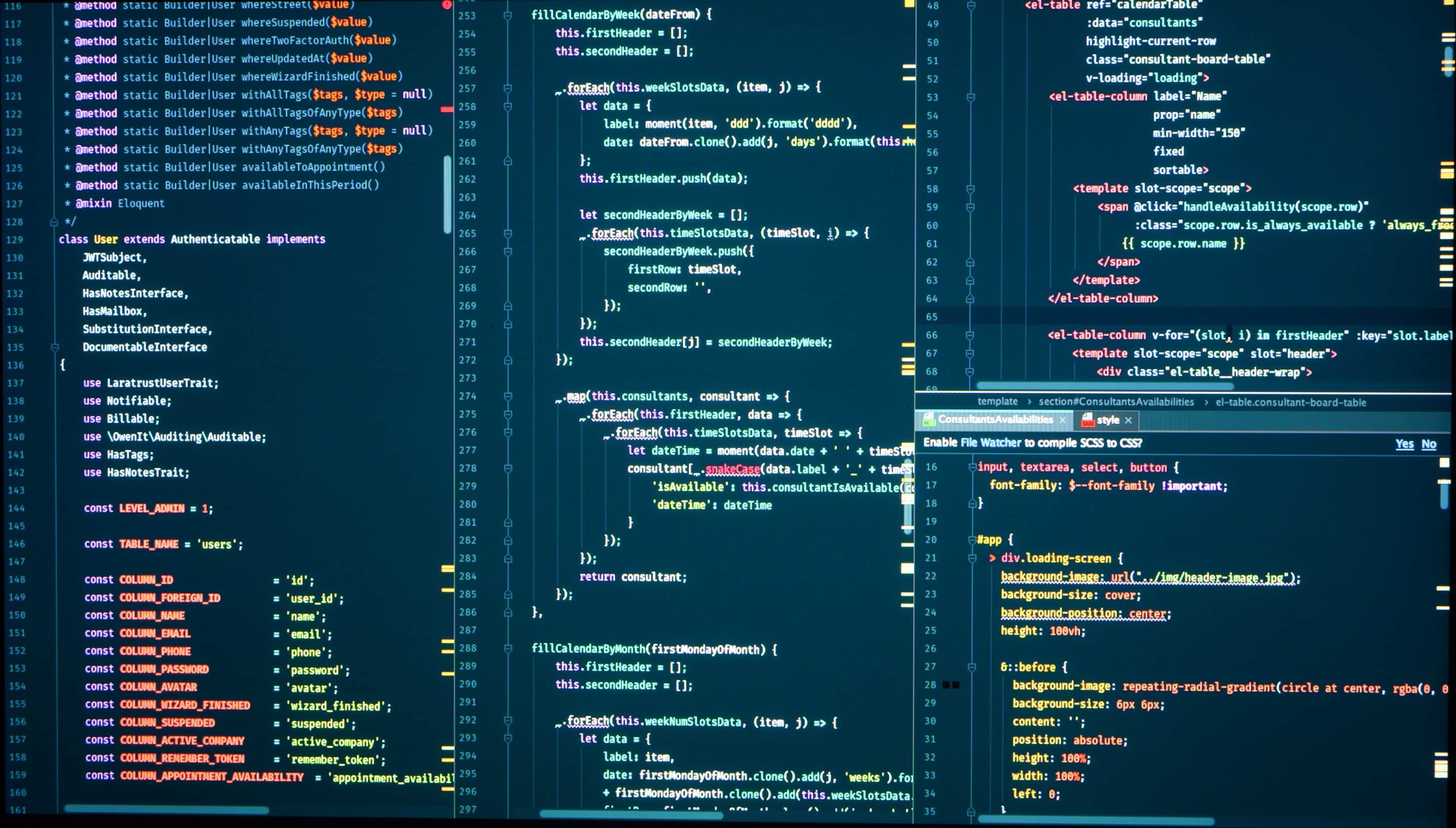In today’s tech-driven world, the demand for faster, smarter, and more efficient app development has skyrocketed. Artificial intelligence (AI) has emerged as a game-changing force, reshaping how developers create apps. With AI coding tools, repetitive tasks become a breeze, workflows accelerate, and innovative features are seamlessly integrated into projects. But how exactly do these tools work, and why are they such a big deal to learn to build apps using AI?
This article dives into the transformative impact of AI coding tools, exploring their benefits, specific applications, and why they’re the future of app development

The Growing Role of AI in App Development
AI is no longer just a buzzword—it’s a practical, impactful force in app development. From streamlining code generation to automating testing, AI tools empower developers to deliver high-quality apps in record time.
Efficiency Meets Innovation
By leveraging machine learning algorithms, AI tools predict coding patterns, suggest optimizations, and detect potential bugs. This not only reduces development time but also ensures apps are more reliable and robust.
An Industry-Wide Revolution
Industries ranging from healthcare to e-commerce are adopting AI-enhanced apps to provide smarter solutions. As the demand for AI-driven innovations grows, developers must embrace these tools to stay competitive.
Benefits of AI Coding Tools
1. Automating Repetitive Tasks
AI excels at handling mundane tasks like writing boilerplate code and performing code reviews. Tools like GitHub Copilot suggest entire code blocks based on your input, freeing developers to focus on complex functionalities.
2. Improving Code Quality
With AI-powered debugging tools, identifying and fixing issues is faster than ever. Platforms like Tabnine analyze millions of coding scenarios to recommend the best solutions.
3. Accelerating Development Timelines
AI accelerates prototyping and iteration by generating ready-to-use code snippets, significantly reducing development timelines. Tools like OpenAI Codex are at the forefront of this revolution.

Specific AI Coding Tools and Their Use Cases
1. Cursor AI Coding Editor
- What it does: Enhances coding productivity with intelligent assistance for debugging, refactoring, and completion.
- Use case: Ideal for achieving seamless transitions from ideation to development.
2. GitHub Copilot
- What it does: Acts as an AI-powered coding assistant.
- Use case: Speeds up development by generating context-aware code.
3. Tabnine
- What it does: Provides AI-driven code completions and suggestions.
- Use case: Enhances code accuracy and reduces debugging efforts.
4. Claude 3.5 by Anthropic
- What it does: An advanced conversational AI that boosts coding workflows by understanding and generating precise prompts.
- Use case: Excels in converting complex ideas into actionable code suggestions.
The Emerging Role of the "Prompt Engineer"
As AI continues to evolve, a new role is taking center stage in app development: the Prompt Engineer. This role emphasizes the art of crafting precise and effective prompts to harness the full power of AI tools.

AI Superpowers, Not Replacements
Contrary to the fear of AI replacing developers, it has instead amplified their capabilities. Developers who master prompt engineering can streamline workflows, improve accuracy, and deliver innovative apps at an unprecedented pace.
Training for the Future
We envision a future where developers are trained specifically in the techniques of AI prompting. This emerging art form combines technical expertise with creativity to communicate effectively with tools like Claude 3.5, Cursor AI, and Sonet. The result? Developers who can seamlessly integrate AI into their workflows, achieving remarkable efficiency and innovation.
Real-World Applications and Success Stories
Case Study: AI in Healthcare Apps
A healthcare startup leveraged AI tools to develop a telemedicine app in half the expected time. With the help of GitHub Copilot and Cursor AI, they integrated features like AI diagnostics and secure patient data handling seamlessly.
Case Study: E-Commerce Innovation
An e-commerce platform utilized Tabnine to implement AI-powered recommendations, enhancing user experience and boosting sales by 40%.
Why Choose AI-Driven App Development?
1. Stay Ahead of Trends
AI tools aren’t just a convenience—they’re becoming a necessity for competitive app development. Embracing these technologies demonstrates a commitment to innovation.
2. Cost-Effective Solutions
AI reduces development time and minimizes errors, leading to significant cost savings for businesses.
Conclusion
At Frame Sixty, we’ve embraced the transformative power of AI coding tools to deliver exceptional results. Our team is trained in the latest technologies, including Cursor AI, Claude 3.5 by Anthropic, and Sonet, to turbocharge our workflows. Whether it’s converting Figma files into production-ready code or enhancing productivity with cutting-edge AI assistance, we’re setting the standard for app development.
By integrating these advanced tools into our processes, we ensure every project achieves coding perfection. AI isn’t just a tool—it’s a catalyst for innovation, and Frame Sixty is at the forefront of this revolution.
We invite you to recent work and explore how our AI development services can bring your vision to life.
So, why wait? Partner with us to create smarter, faster, and more reliable applications powered by AI.
If you’re looking for a dedicated development team, don’t hesitate to reach out. Send us an email at [email protected].
FAQs: Building Apps with AI
Navigating the world of AI-powered app development can be both exciting and overwhelming. To help you better understand how AI coding tools are revolutionizing this field, we’ve compiled answers to some of the most common questions.
2. What is prompt engineering in AI development?
Prompt engineering is the art of crafting effective inputs or prompts for AI tools. This skill ensures AI tools generate accurate, context-aware results, making workflows smoother and more productive. It’s an emerging discipline that adds significant value to app development.
3. Are AI tools reliable for debugging?
Yes, AI tools like Tabnine and DeepCode are designed to identify bugs and suggest fixes quickly. However, they should complement manual debugging, as developers must ensure the final code aligns with project requirements.
3. What are the real-world applications of AI in app development?
AI has been used to develop healthcare apps, e-commerce platforms, and AR/VR solutions. For example, tools like Cursor AI and Claude 3.5 enable developers to transform ideas into high-quality code faster, helping businesses meet their goals efficiently
2. What is prompt engineering in AI development?
Prompt engineering is the art of crafting effective inputs or prompts for AI tools. This skill ensures AI tools generate accurate, context-aware results, making workflows smoother and more productive. It’s an emerging discipline that adds significant value to app development.
2. How does using AI at Frame Sixty to make apps affect cost and timelines?
By leveraging advanced AI tools like Cursor AI and Claude 3.5, we streamline workflows and reduce development time significantly. This not only lowers overall costs but also ensures faster project delivery without compromising quality.
3. What makes Frame Sixty’s approach to AI-driven app development unique?
Frame Sixty combines cutting-edge AI tools with expert developers trained in prompt engineering and efficient workflows. This unique blend of technology and expertise ensures we deliver innovative, tailored solutions that exceed client expectations.

